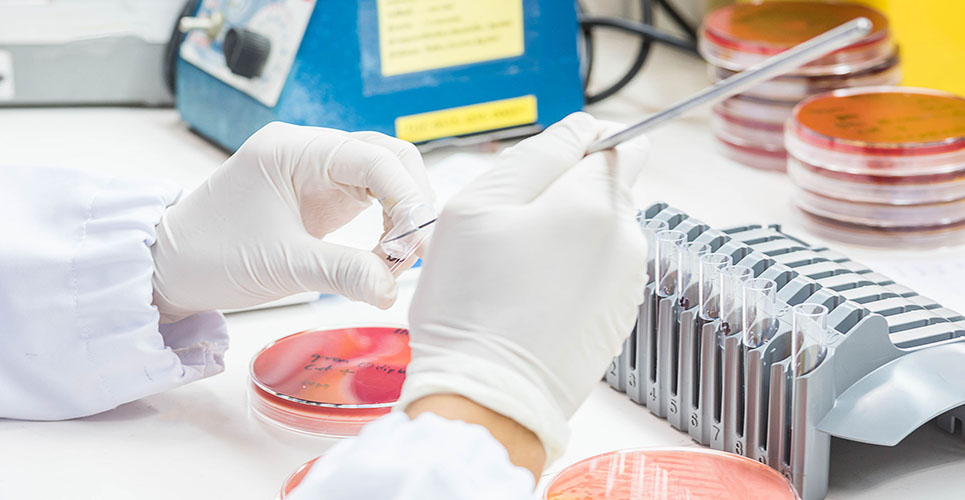teaser
An unexpected discovery about the complex nature of cells could lead to new types of medicine being developed, scientists have claimed.
Researchers have found that cell proteins, which are what allow human cells to function, communicate through an intricate network of chemical messages. Future drug developments could target groups which work together rather than individual proteins.
A study team, including scientists from the University of Edinburgh, looked at yeast, which has a lot of corresponding proteins in human cells. They identified hundreds of proteins, as well as links between them, with about 2,000 connections being found, many of them previously unknown.
University of Edinburgh scientist Dr Victor Neduva said: “Our studies have revealed an intricate network of proteins within cells that is much more complex than we previously thought. This suggests that drugs should be more complex to treat illnesses effectively.
“Yeast proteins involved in signal transduction were heavily tested with different protein tags, biological hooks that are attached to the proteins and used to find interactions of the proteins. We could think about it as a metro network. If one line is cut, there is another route the metro train can use to reach final destination. We found the network was more interconnected, or complex.”
Copyright Press Association 2010
University of Edinburgh

